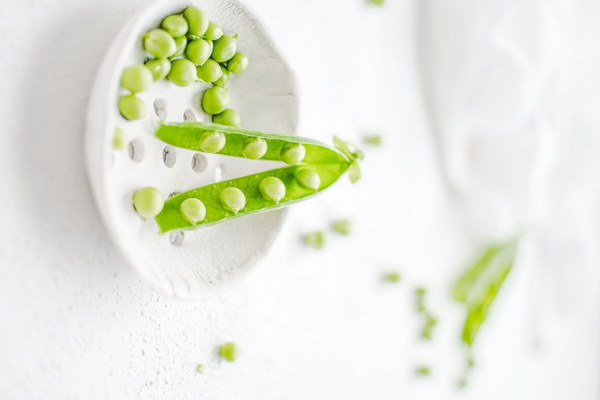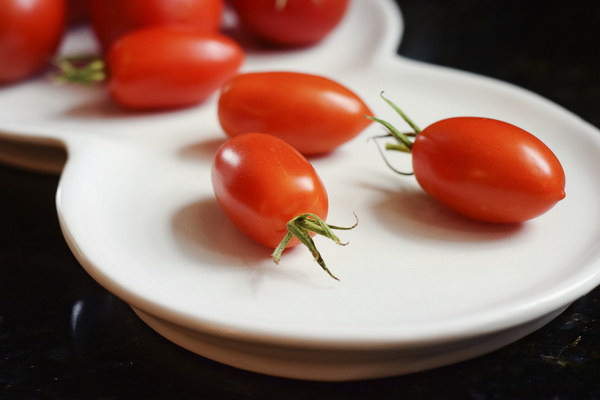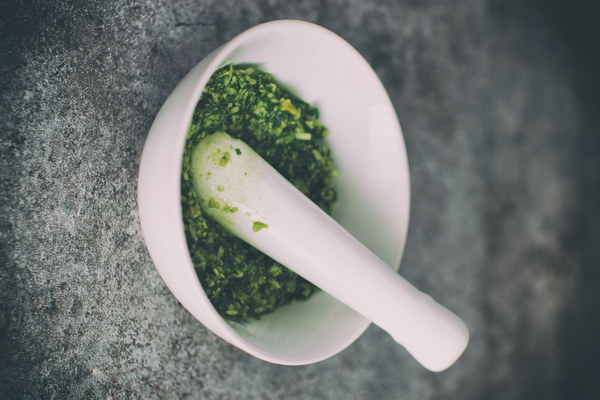Nourishing the Liver and Kidneys Is It the Same as Protecting Them
In traditional Chinese medicine, the concept of nourishing the liver and kidneys is deeply rooted in the understanding of the body's internal harmony. But what exactly does it mean to nourish the liver and kidneys, and is it synonymous with protecting them? Let's delve into this topic and explore the intricacies of Chinese herbal medicine and its effects on the body.
The liver and kidneys are two vital organs in the human body that play a crucial role in maintaining health and well-being. According to Chinese medicine, the liver is responsible for the smooth flow of Qi (vital energy) and blood, while the kidneys are in charge of storing essence (Jing) and governing water metabolism. When these organs are functioning optimally, the body enjoys good health; however, when they are imbalanced, various health issues may arise.
Nourishing the liver and kidneys refers to a set of practices aimed at restoring and maintaining the balance of these organs. This can be achieved through various methods, including diet, exercise, and herbal remedies. The primary goal of these practices is to support the liver's ability to regulate blood and Qi, as well as the kidneys' role in storing essence and managing fluid balance.
Is nourishing the liver and kidneys the same as protecting them? While the two concepts are closely related, they are not entirely interchangeable. Nourishing the liver and kidneys is more about promoting their healthy function and preventing imbalances, whereas protecting them involves safeguarding against external factors that may harm these organs.
Here are some ways to nourish and protect the liver and kidneys:
1. Diet: A balanced diet rich in essential nutrients can help maintain the health of the liver and kidneys. Foods that are known to be beneficial for these organs include green leafy vegetables, nuts, seeds, and fruits. It is also important to avoid excessive consumption of alcohol and processed foods, which can burden the liver and kidneys.
2. Exercise: Regular physical activity can improve blood circulation, promote the flow of Qi, and strengthen the kidneys. Activities such as tai chi, yoga, and walking are particularly beneficial for liver and kidney health.
3. Herbs: Many Chinese herbs have been used for centuries to nourish the liver and kidneys. Some popular examples include:
- Dang Gui (Angelica sinensis): Known for its ability to nourish blood and invigorate the liver.
- He Shou Wu (Polygonum multiflorum): A potent herb used to replenish kidney essence and improve hair and skin health.
- Huang Bai (Phellodendron amurense): Known for its liver-protecting properties and ability to clear heat and dampness.
- Fu Ling (Poria cocos): A traditional Chinese medicine that supports kidney function and promotes urination.

4. Stress management: Chronic stress can have a negative impact on the liver and kidneys. Techniques such as meditation, deep breathing exercises, and mindfulness can help manage stress levels and maintain organ health.
In conclusion, while nourishing the liver and kidneys is closely related to protecting them, the two concepts have distinct meanings. By implementing the above-mentioned practices, individuals can ensure the optimal functioning of these vital organs and enjoy overall health and well-being.









